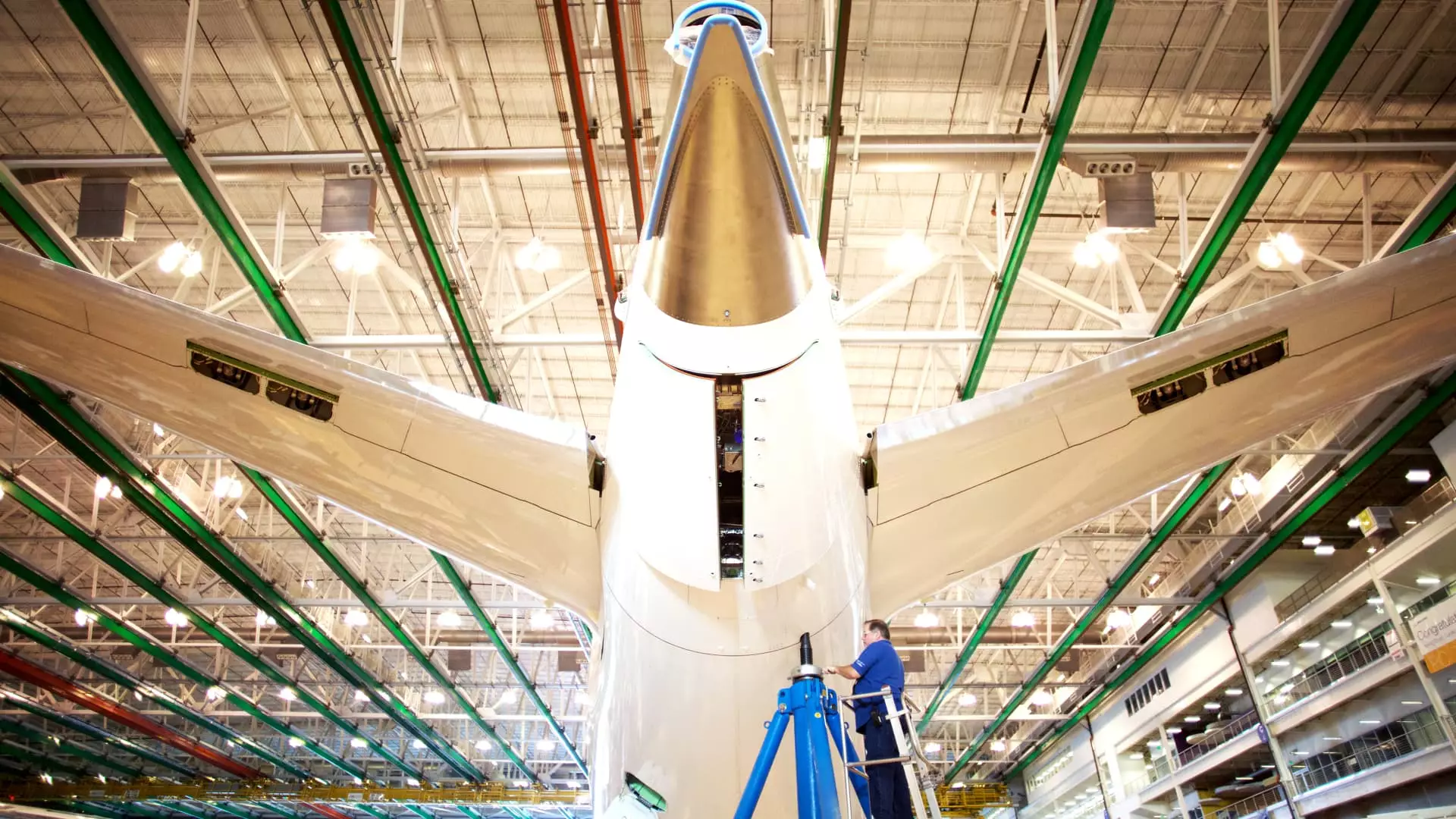Boeing is facing allegations of taking shortcuts in the production of its 787 Dreamliner and 777 aircraft. However, the company has defended its quality and safety testing procedures, stating that the claims made by whistleblowers are inaccurate. The allegations made by engineer Sam Salehpour about excessive stress on airplane joints were denied by Boeing, which reaffirmed its commitment to the safety of its planes.
The allegations come at a time when Boeing is under intense scrutiny following an incident involving a 737 Max plane in January. The incident, where a door plug blew out at 16,000 feet, has raised concerns about the safety culture at Boeing. The Federal Aviation Administration has blocked Boeing from increasing production of the 737 Max since the accident, further adding to the company’s challenges.
Boeing’s engineering managers provided details about the stress and safety tests conducted on the 787 Dreamliner. These tests involve subjecting the plane to 165,000 cycles, each equivalent to a flight, under varying conditions. Additionally, the fuselage skin is tested by a 300-pound pendulum to ensure durability. Chief engineer Steve Chisholm emphasized that extensive tests were conducted on fuselage panels to ensure their structural integrity.
Salehpour’s allegations about the carbon composite fuselage of the 787 relate to the joining of pieces and the measurement of gaps. He claims that force was used to join the pieces together, leading to potential safety risks. Salehpour’s concerns were raised to the FAA in January, prompting an investigation into the matter. Boeing has refuted these claims, stating that the safety and durability of the 777 family are not compromised.
Boeing has a history of addressing concerns related to the structural integrity of its aircraft. The company previously suspended deliveries of the 787 due to issues with the spacing on the fuselage. However, Boeing maintains that rigorous engineering examination under FAA oversight has confirmed the safety of the aircraft. The company has dismissed allegations of retaliation against Salehpour, stating that the decision to exclude him from meetings and reassign him was not related to his whistleblowing.
The allegations made against Boeing regarding the quality and safety of its aircraft manufacturing processes are serious. It is crucial for the company to address these concerns transparently and take appropriate measures to ensure the safety of its passengers. Quality and safety testing play a vital role in the aviation industry, and any shortcuts in the production process can have dire consequences. Boeing must continue to prioritize safety and uphold rigorous testing standards to maintain the trust of the flying public.



Leave a Reply